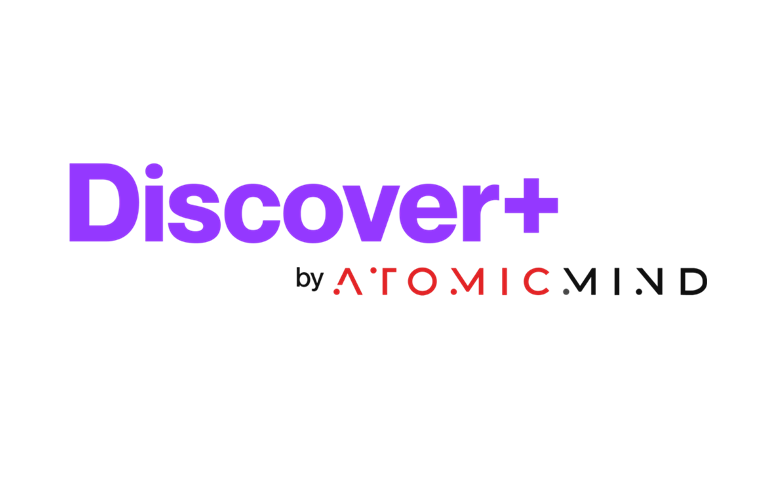
Why Harvard?
By
AtomicMind Staff
June 23, 2025
•
3
min read
Share this Article
Simply highlight text to share on social or email
Founded in 1636, Harvard University in Cambridge, MA, is the oldest institution of higher learning in the United States. Its international prestige spans disciplines—from life sciences and public policy to humanities and law. Yet, as globally renowned as it is, what truly makes Harvard unique is its approach? Liberal arts grounded in interdisciplinary inquiry, deep faculty engagement, and unmatched financial accessibility. Here’s an inside look at what Harvard offers undergraduate students—and how to shape an application that stands out.
What Sets Harvard Academics Apart?
A Bold General Education Program & Cutting-Edge Interdisciplinary Learning
Harvard’s Gen Ed is central to its curriculum. Students take four courses across diverse domains—Aesthetics & Culture; Ethics & Civics; Histories, Societies, Individuals; and Science & Technology in Society—designed to connect big questions with the individual’s intellectual and civic development.
These courses often blend disciplines—e.g., a class on AI ethics might combine computer science and philosophy. Seminars like AI, Computing, and Thinking encourage students to approach problems from multiple angles
Undergraduate Research & Campus Opportunities
Faculty-led research isn’t just for PhD candidates at Harvard. From biochemistry to political theory, undergraduates contribute to academic studies and may co-author papers. This isn’t confined to labs—fields such as economics, literature, and public policy actively include students in research.
Harvard students can access opportunities at prestigious hubs like the Edmond & Lily Safra Center for Ethics and the Belfer Center for Science & International Affairs through the Kennedy School. These centers offer fellowships, workshops, and unique experiential learning—much more than classroom theory.
Campus Culture & Student Life
The Core of Cambridge and A World Beyond
Nestled in historic Cambridge, Harvard connects students with vibrant academic and cultural communities. Boston likewise offers internships, museums, biotech hubs, and theater—all within easy reach. It is the biggest college town in the US for a reason, and offers a rich network of other colleges and universities where Harvard students can extend their influence and make new friends.
Student Organizations Power Learning
Harvard is home to over 500 student organizations, ranging from academic publications to entrepreneurship hubs. For students interested in innovation and startup culture, the Harvard Innovation Labs (i-lab) offer mentorship, funding, and collaborative workspaces to launch ventures. On the editorial side, The Harvard Crimson, founded in 1873, is the nation’s oldest continuously published daily college newspaper. Students can also join dozens of academic journals and niche interest publications that enhance campus dialogue.
Public Service Is a Harvard Tradition
Harvard’s longstanding commitment to service is embodied in the Phillips Brooks House Association (PBHA), a student-led nonprofit founded in 1904. PBHA engages over 1,800 student volunteers annually in 80+ programs focused on youth development, housing advocacy, immigrant services, and education. The organization partners with communities across Boston and Cambridge, offering students meaningful ways to lead and serve.
Financial Aid That Actually Makes Harvard Affordable
Starting 2025–26, Harvard is tuition-free for families earning ≤ $200,000 annually—and zero billed costs for families under $100,000. With over half of undergrads receiving aid, affordability is real.
Harvard admits students without regard to their ability to pay (this is called “need-blind admissions”) and develops personalized aid packages reflecting each family’s financial circumstances.
Who Thrives at Harvard?
Applicants who flourish at Harvard are:
- Curious across disciplines—excited to take Gen Ed alongside their major.
- Proactive learners—seeking out research, internships, or leadership roles beyond class.
- Values-driven—aligned with communities on campus, whether civic, arts, or policy.
- Adaptable and resilient—able to thrive in a fast-paced, intellectually demanding environment.
Crafting a Compelling Harvard Application
1. Highlight Your Interdisciplinary Journey: Share how you’ve navigated different academic interests—whether it was a science fair project exploring ethics or a history essay integrating humanities and quantitative analysis.
2. Showcase Meaningful Engagement: Whether leading a local service initiative or editing a student journal, emphasize depth and impact over superficial involvement.
3. Align With Harvard’s Mission: Essays should reflect how Harvard’s Gen Ed program, research ecosystem, and community values (like the Harvard motto, Veritas) resonate with your own academic and personal goals.
Harvard Essays: How to Write Five Distinct, Powerful Snapshots in Just 150 Words
Harvard’s supplemental essays are short — just 150 words each — but don’t let that fool you. These are among the hardest essays to write in the college admissions world. Why? Because you’re asked to distill your values, personality, and lived experience into five discrete, compelling vignettes — without being repetitive. Each response is precious real estate, and every sentence needs to do meaningful work.
Here are Harvard’s current supplemental prompts:
1. Harvard has long recognized the importance of enrolling a diverse student body. How will the life experiences that shape who you are today enable you to contribute to Harvard?
2. Describe a time when you strongly disagreed with someone about an idea or issue. How did you communicate or engage with this person? What did you learn from this experience?
3. Briefly describe any of your extracurricular activities, employment experience, travel, or family responsibilities that have shaped who you are.
4. How do you hope to use your Harvard education in the future?
5. Top 3 things your roommates might like to know about you.
Together, these prompts may seem simple and easy (with light word counts), but they are actually designed to draw out different aspects of your identity: background, values, intellectual flexibility, real-world experience, future ambitions, and even your quirks.
So how do you avoid sounding the same in each one?
- Vary your tone and content. Not every essay needs to be deep or serious — especially #5.
- Think of each essay as a puzzle piece. If someone read all five back-to-back, would they get a well-rounded, authentic sense of who you are?
- Be concrete. These are mini-essays, not summaries. A vivid anecdote or a specific detail can bring even 150 words to life.
- Be intentional. Don’t waste words. You don’t have to restate the prompt (in fact, you’d be doing yourself a disservice if you did!), and you don’t need a fancy intro — just go straight to the heart of your answer.
At AtomicMind, we help students treat this section like a curated gallery of moments and motivations — each one distinct, meaningful, and personal. Because when Harvard gives you five chances to show who you are, every single one should count.

Share this Article



